Maximizing Health with Vegan Diets: Discover High-Protein and Nutritious Meal Options
The popularity of vegan diets has experienced a remarkable surge in recent years. Various factors including health consciousness, environmental concerns, ethical considerations, and influence from celebrities and media drive this. This rise reflects a border societal shift towards mindful living, driven by concerns for personal health, environmental sustainability, and animal welfare.
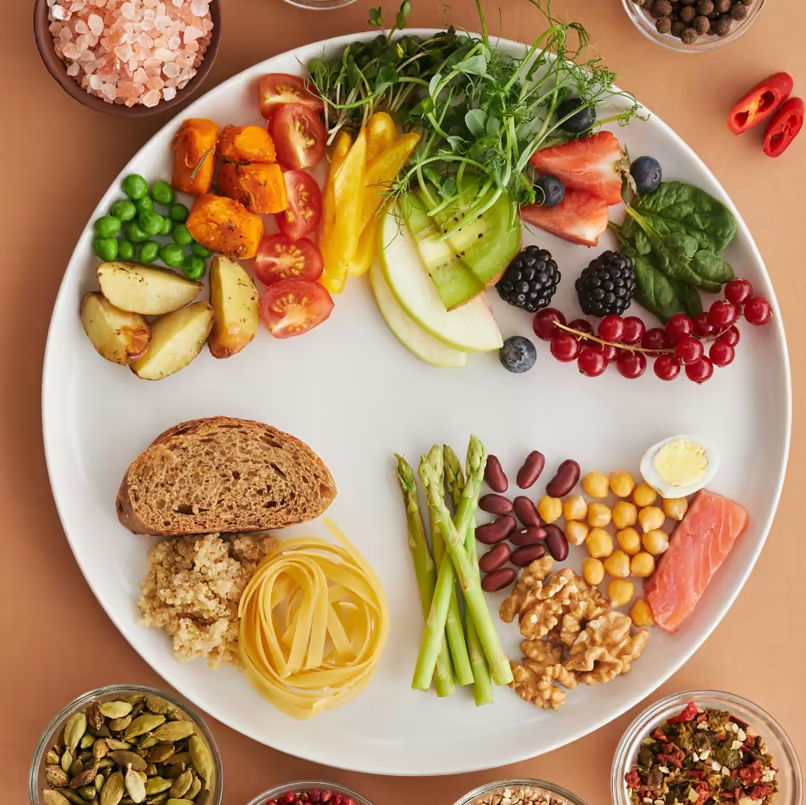
A well-balanced diet provides essential nutrients, vitamins, and minerals necessary for bodily functions, growth, and overall well-being. For example, protein is essential for building and repairing tissues, producing enzymes and hormones, and supporting immune functions. While animal products are rich sources of protein, vegans can find ample protein in plant-based sources such as legumes, tofu, seitan, nuts, seeds, and grains. By incorporating these high-protein vegan diets, individuals can ensure they meet their protein requirements and maintain optimal health.
The rising demand for nutritious, high-protein meals for vegans has sparked considerable interest. This surge in demand for vegan-friendly options has encouraged a proliferation of vegan products, recipes, and dining areas catering to the diverse preferences of individuals following vegan diets. Here, we will delve into the world of vegan diets and healthy meals for people who want to embrace this journey.
Veganism as a Concept: Principles and Benefits of vegan diets
Veganism is the name of a lifestyle that excludes the consumption and use of any form of animal products for ethical, environmental, and health reasons. Its core principles advocate for avoidance of meat, dairy, eggs, honey, and other animal-derived ingredients as well as abstaining from products tested on animals or made from animal by-products. This commitment to cruelty-free living extends beyond dietary choices to encompass clothing, cosmetics, and everyday products. Embracing veganism aligns with values of compassion, sustainability, and social justice.
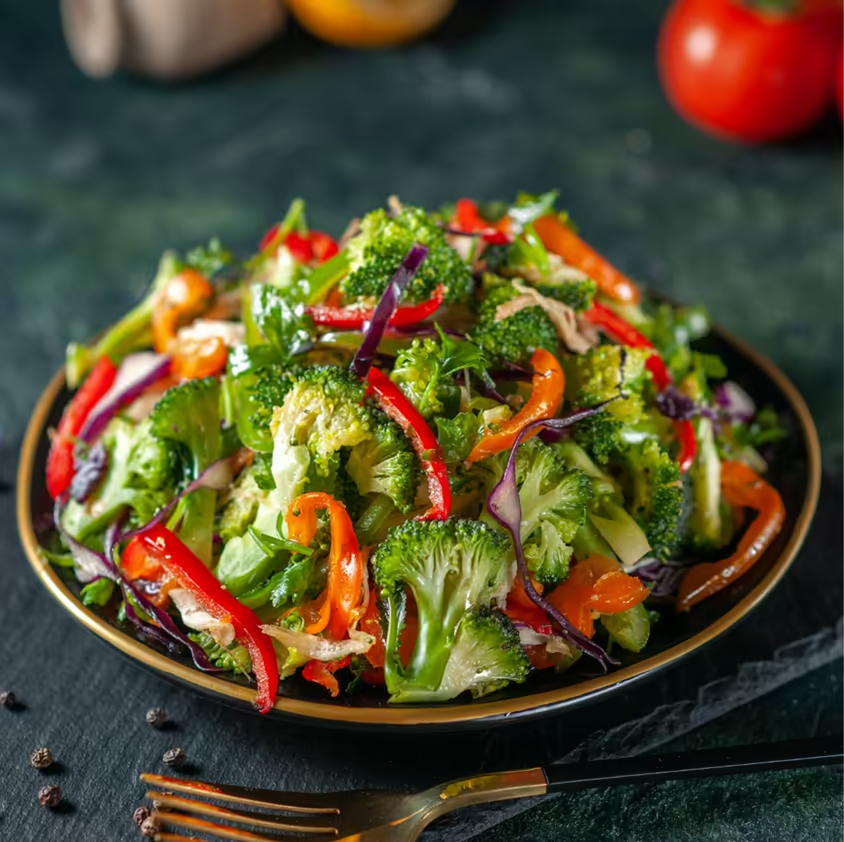
Vegan diets are also associated with numerous health benefits including lower risks of chronic diseases such as heart disease, hypertension, type 2 diabetes, and certain cancers. By adopting healthy vegan diets, we can embrace a holistic approach to well-being to optimize physical, mental, and emotional health. They tend to be higher in fiber content, vitamins, minerals, and antioxidants while being lower in saturated fats and cholesterol as compared to omnivorous diets. Furthermore, adopting a vegan style can promote weight management, improve blood sugar control, and enhance digestion.
Despite the numerous health benefits of vegan diets, there are common misconceptions surrounding vegan nutrition. One misconception is that vegans struggle to obtain adequate protein, iron, calcium, and other essential nutrients solely from vegan sources. However, with proper planning and variety in food choices, it is entirely possible to meet all nutrient needs on a vegan diet.
Another misconception is that vegan diets are inherently restrictive and lack flavor and diversity. In reality, vegan cuisine offers a wide array of delicious and nutritious options ranging from vibrant salads and hearty stews to decadent desserts and plant-based meat alternatives. Throughout India, various cultures have developed their cuisine based on vegan diets for hundreds of years that are rich in taste, delicious, and flavorful.
High-Protein Vegan Sources
The importance of protein in a balanced vegan diet serves as a cornerstone for overall health and vitality. It is essential for building and repairing tissues, supporting immune function, and maintaining muscle health. It is also crucial for hormone synthesis, enzyme production, and cellular repair processes, ensuring overall bodily functions. Adequate protein intake in a vegan diet is essential for promoting satiety, sustaining energy levels, and optimizing overall health and well-being.
The recommended daily protein intake for vegans varies based on factors like age, gender, and activity level. However, general guidelines suggest consuming approximately 0.8 to 1 grams of protein per kilogram of body weight per day. Active individuals or people aiming for muscle growth may benefit from a comparatively higher intake of protein.
Sources of vegan protein can be exhausted to things like legumes and pulses; nuts and seeds; soy products; and grains and pseudo-grains.
Legumes and Pulses
Legumes and pulses such as lentils, chickpeas, beans, and peas stand as robust sources of protein within vegan diets, providing both quality and quantity nutrition. These plant-based powerhouses offer a significant amount of protein per serving making them essential components of high protein meals for vegans. For instance, a single cup of cooked lentils can contain up to 18 grams of protein while the same serving size of chickpeas offers around 15 grams. This protein is considered high-quality as it contains essential amino acids necessary for human health. Beyond their protein content, legumes and pulses boast a diverse array of essential nutrients including fiber, vitamins, and minerals.
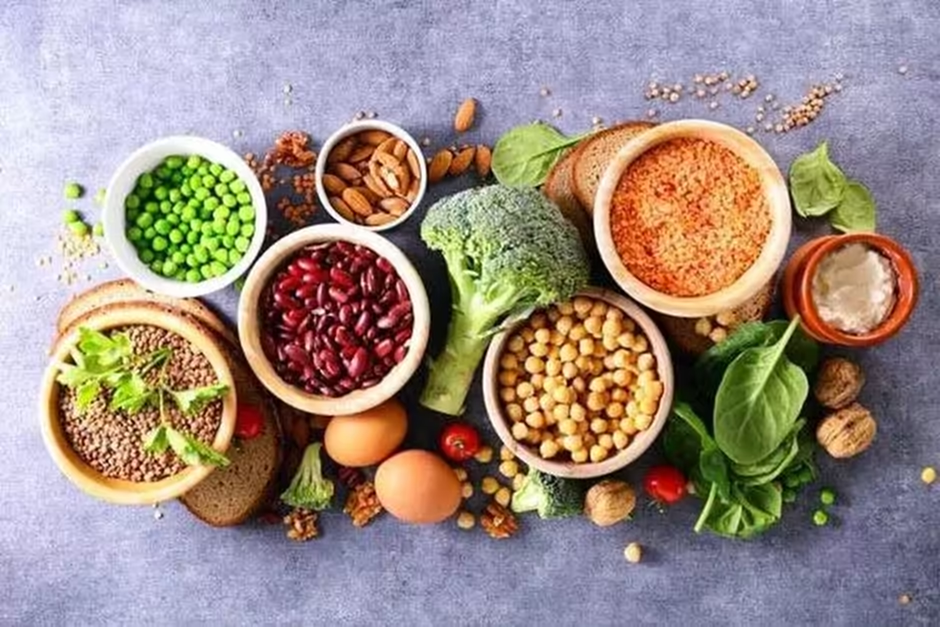
| Vegan Protein Sources | Protein content (1-cup serving) |
| Lentils | 18 grams |
| Chickpeas (Garbanzo beans) | Around 15 grams |
| Beans (black beans, kidney beans, and pinto beans) | Approximately 15 grams |
| Peas (green peas, split peas) | Roughly 9 grams |
Nuts and Seeds
Nuts and seeds are versatile sources of high proteins, healthy fats, vitamins, and minerals for vegans. Varieties like almonds, walnuts, chia seeds, and hemp seeds are commonly used in vegan diets to enhance protein intake and add texture and flavor to meals. These nutrient-dense foods provide a substantial amount of protein per serving, making them integral to high-protein vegan meals.
For example, an ounce of almond contains approximately 6 grams of protein while the same serving of chia offers around 5 grams. This protein is of high quality, boasting a complete amino acid profile essential for optimal health. Beyond their protein content, nuts and seeds are rich in healthy fats, fiber, vitamins, and minerals. This makes them valuable additions to vegan diets, supporting muscle maintenance, satiety, and overall nutritional adequacy.
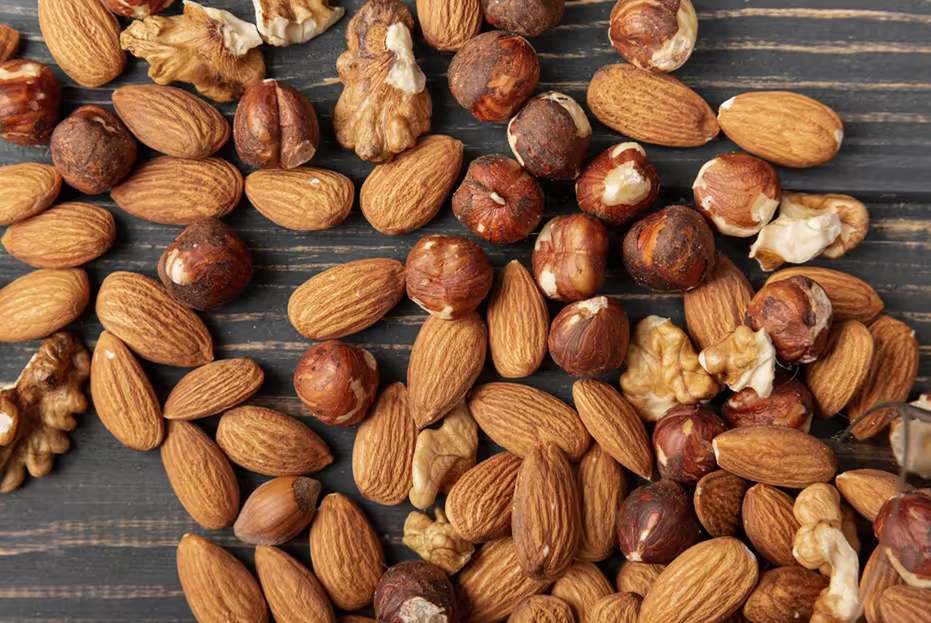
| Vegan Protein Sources | Protein content (1-ounce serving) |
| Almond | About 6 grams |
| Walnut | About 4 grams |
| Chia seeds | Approximately 5 grams |
| Hemp seeds | Roughly 9 grams |
Soy Products
Soy products such as tofu, tempeh, and edamame are highly valued for their protein content and creativity in high-protein vegan options. These vegan options provide a substantial amount of protein per serving. For example, a single serving of tofu can contain around 10 grams of protein while the same portion of tempeh offers approximately 16 grams. Beyond their protein content, soy products are rich in essential nutrients such as iron, calcium, and vitamin D, further enhancing their nutritional value.
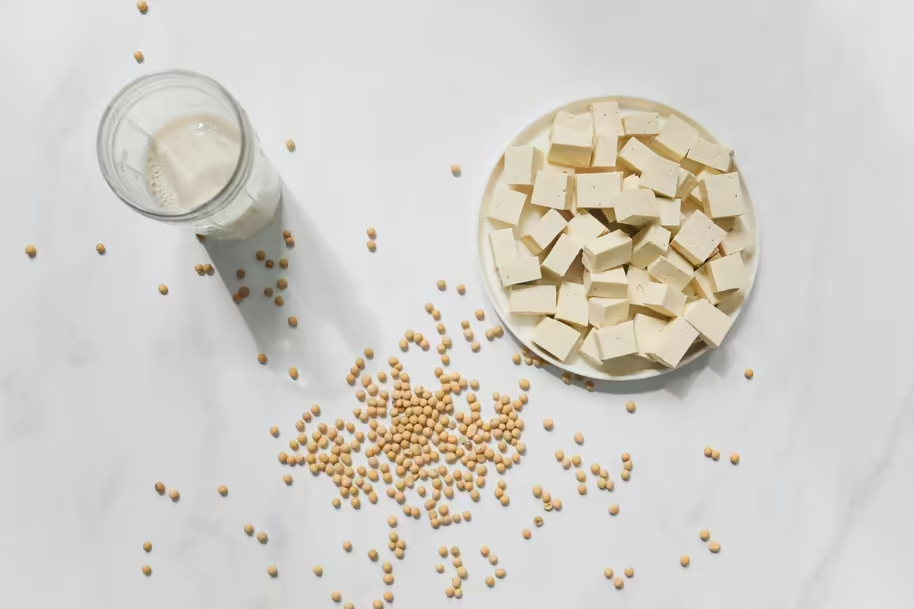
| Vegan Protein Sources | Protein content (3-ounce serving) |
| Tofu | About 8-10 grams |
| Tempeh | Around 15-20 grams |
| Edamame (boiled green soybeans) | Approximately 8-9 grams |
Grain and Pseudo-Grains
Grains and Pseudo-grains like quinoa, amaranth, and buckwheat offer moderate amounts of vegan protein. These high-protein vegan options provide a substantial amount of protein per serving. For instance, a single serving of cooked quinoa contains around 8 grams of protein while the same serving size of amaranth offers approximately 9 grams. Beyond their protein content, grains and pseudo-grains are rich in carbohydrates, fiber, vitamins, and minerals.
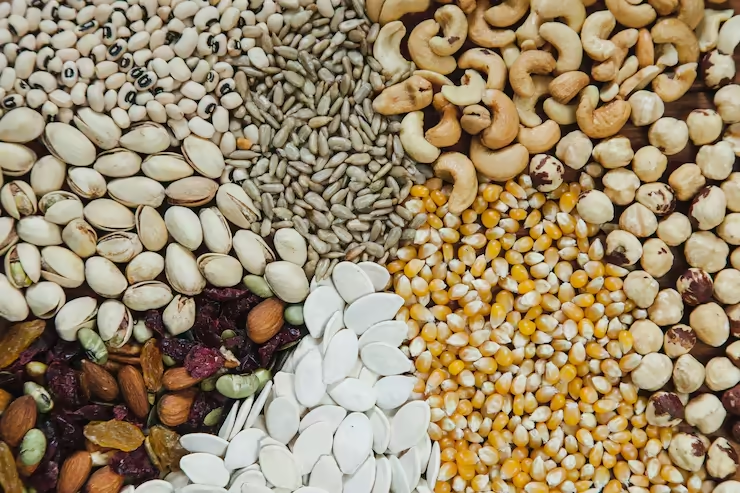
| Vegan Protein Sources | Protein content (1-cup serving) |
| Quinoa | About 8 grams |
| Amaranth | Around 9 grams |
| Buckwheat | Approximately 6 grams |
Some interesting products have also emerged in the market for high-protein vegan diets. This includes seitan which is crafted from wheat gluten. Its dense, meaty texture makes it a liked ingredient in various dishes like stir-fries, sandwiches, and stews among vegans. Typically, a 3-ounce serving of seitan contains approximately 20 to 25 grams of proteins. Similarly, plant-based protein powders offer a convenient means of augmenting protein intake with vegan diets. This powder can be used on a variety of dishes including smoothies, shakes, or baked goods. Its protein content ranges from 15 to 25 grams per serving, providing a boost in aiding muscle reaper and growth
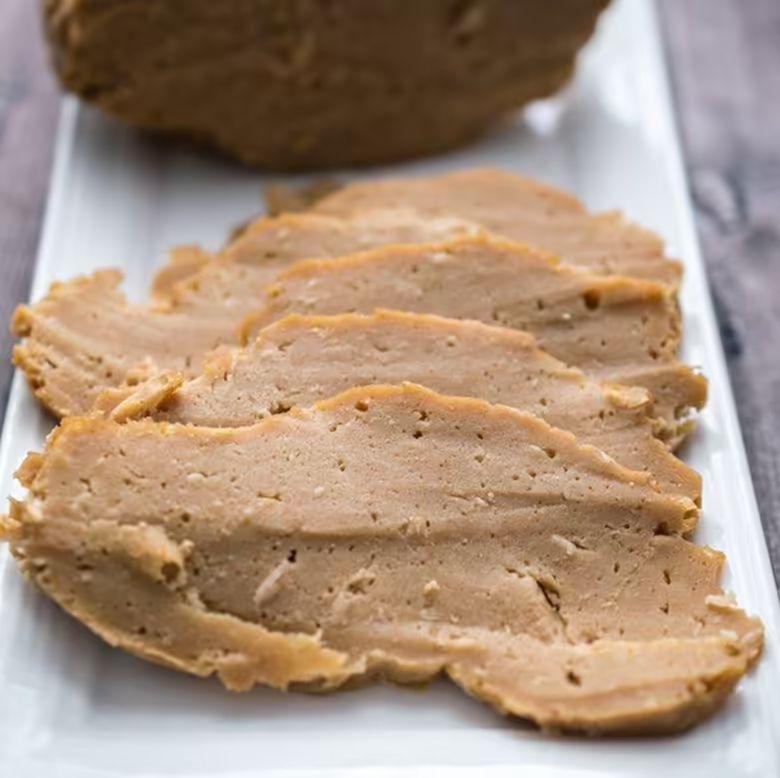
| Vegan Protein Sources | Protein content |
| Seitan | About 20-25 grams in an 85-gram serving |
| Plant-based protein powders | Around 15-25 grams (in a typical serving of 30 grams) |
Protein-rich and Healthy Vegan Meals
Here are some easy-to-make healthy meals for vegans that are delicious and full of proteins at the same time. For breakfast, a high-protein smoothie bowl, nut butter, fruit toast, and tofu scramble with vegetables are a must-try for vegans.
High-Protein Smoothie Bowl
Making a high-protein smoothie bowl can be a go-to option for people who have little time in the morning to make an elaborate breakfast.
| Ingredients Needed |
| Plant-based Protein Powder |
| Spinach or Kale |
| Frozen mixed berries |
| Almond milk (or any vegan milk) |
| Toppings (optional) |
Blend these ingredients in a fresh, clean blender on high speed until smooth and creamy. If the mixture is too thick, you can add more milk to reach the desired consistency. Stop the blending periodically to check the texture since you need the smoothie to be thick enough to eat with a spoon. Once, blended properly, pour into the serving bowls and sprinkle with the toppings of your choice. Consider adding sliced fruits, nuts, seeds, granola, coconut flakes, chia seeds, or hemp hearts.
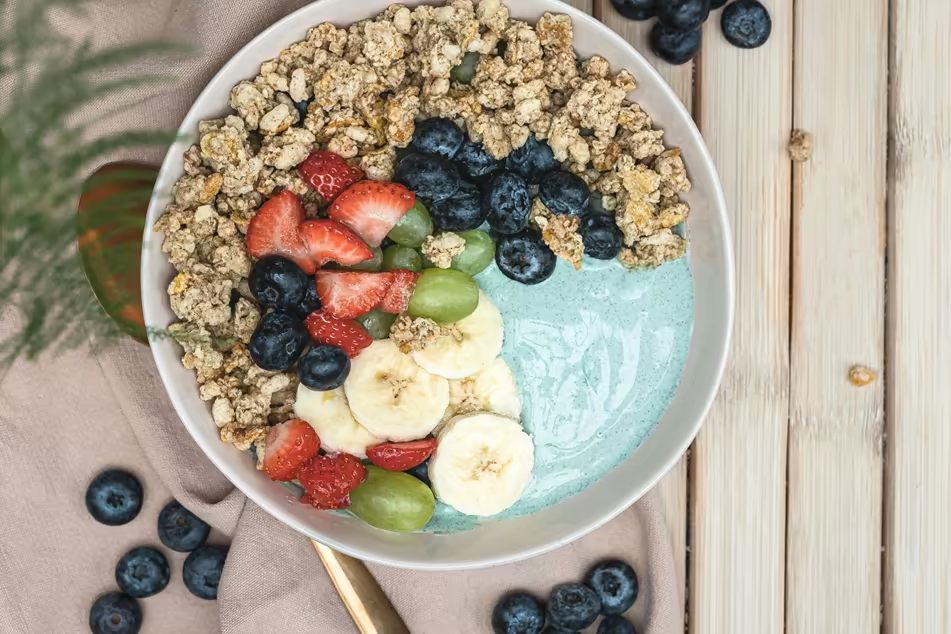
Nut Butter and Fruit Toast
Following the succeeding steps, you can quickly prepare a tasty and satisfying Nut Butter and Fruit Toast to enjoy any time of the day, especially in the morning.
| Ingredients Needed |
| Whole grain bread slices |
| Nut butter of choice |
| Fresh fruits like strawberries, bananas, or apple slices |
| Honey or Maple Syrup (optional) |
Start by toasting the bread slices until golden brown. Spread a layer of your favorite nut butter onto each slice. Next, top the nut butter with fresh fruit slices for a burst of flavor and nutrients. For added sweetness, you can drizzle honey or maple syrup over the fruits. Serve and savor this delicious and nutritious toast for a satisfying breakfast.

Tofu Scramble with Vegetables
Another amazing option in the morning can be a Tofu Scramble with Vegetables which will not take more than 10-15 minutes for preparation.
| Ingredients Needed |
| Firm tofu |
| Diced: Onions, bell peppers, other vegetables |
| Chopped Spinach |
| Spices including salt, black pepper and turmeric |
| Olive oil or cooking spray |
Begin by crumbling firm tofu into a skillet and sauté it with diced onions, bell peppers, spinach, and any other desired vegetable. Season the mixture with turmeric, black pepper, salt, or any other spices for flavor. Continue cooking until tofu is heated through and the vegetables are tender. Serve the tofu scramble hot accompanied by whole grain toast for a hearty breakfast.
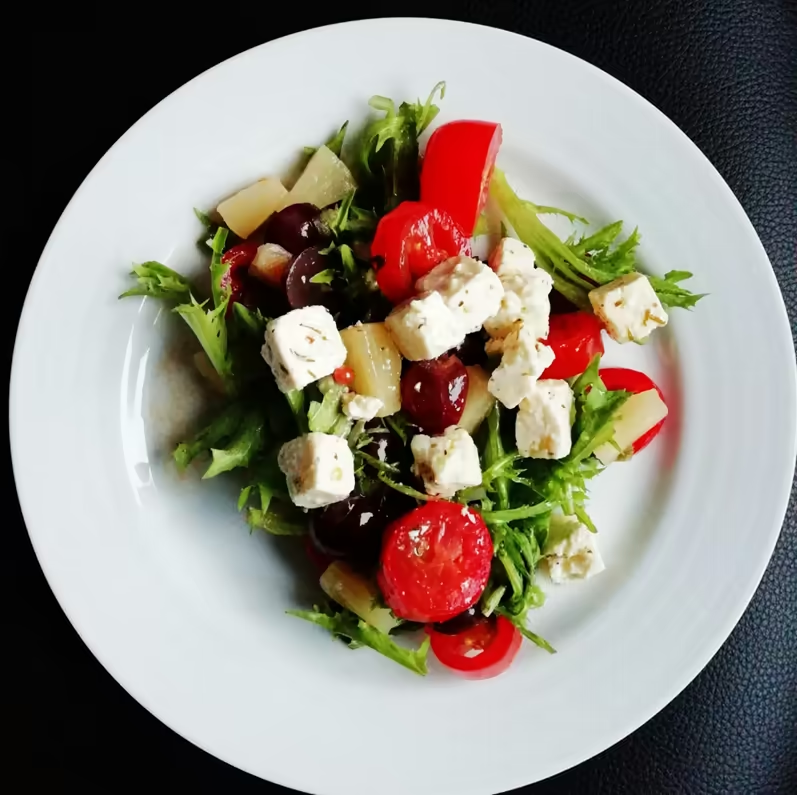
For lunch or dinner, a Quinoa and Black Bean Salad, Lentil Curry with Brown Rice, and Chickpea Stir-Fry with Mixed Vegetables can be a healthy and nutritious option for a vegan diet.
Quinoa and Black Salad
Quinoa and Black Salad typically take around 15-20 minutes but is a good option for meal prep and suitable for gluten-free diets as well.
| Ingredients Needed |
| Cooked quinoa |
| Black beans |
| Bell Peppers, Cucumber, and Cherry tomatoes |
| Olive Oil |
| Lemon juice |
| Herbs (parsley or cilantro) |
| Salt and pepper |
In a mixing bowl, combine the cooked quinoa with rinsed black beans and sliced vegetables. Prepare a simple vinaigrette using olive oil, lemon juice, herbs, salt, and pepper, and toss it with the salad until well coated. Serve and enjoy this protein-rich, fiber-packed dish as a healthy meal for vegans.
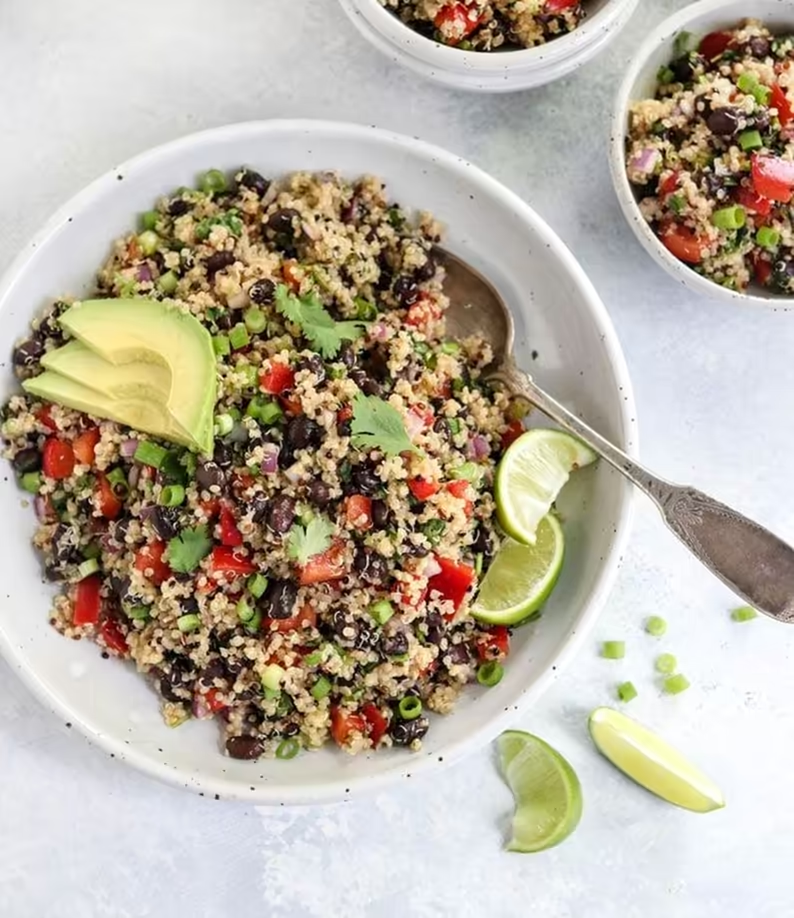
Lentil Curry with Brown Rice
Another option can be Lentil Curry with Brown Rice which may take around 35-45 minutes but is a good option for a different dinner of high protein meals for vegans.
| Ingredients Needed |
| Lentils |
| Diced Tomatoes, Onion and garlic |
| Spices |
| Brown Rice |
| Vegetable broth or water |
| Fresh cilantro or chopped green onions (for garnishing) |
Start by rinsing lentils and chopping onions and garlic. In a pot, sauté the onions and garlic until fragrant. Add lentils, diced tomatoes, spices, and vegetable broth or water. Simmer the mixture until the lentils are tender and the sauce thickens. Meanwhile, cook the brown rice and serve the lentil curry with it and garnish with chopped onions.
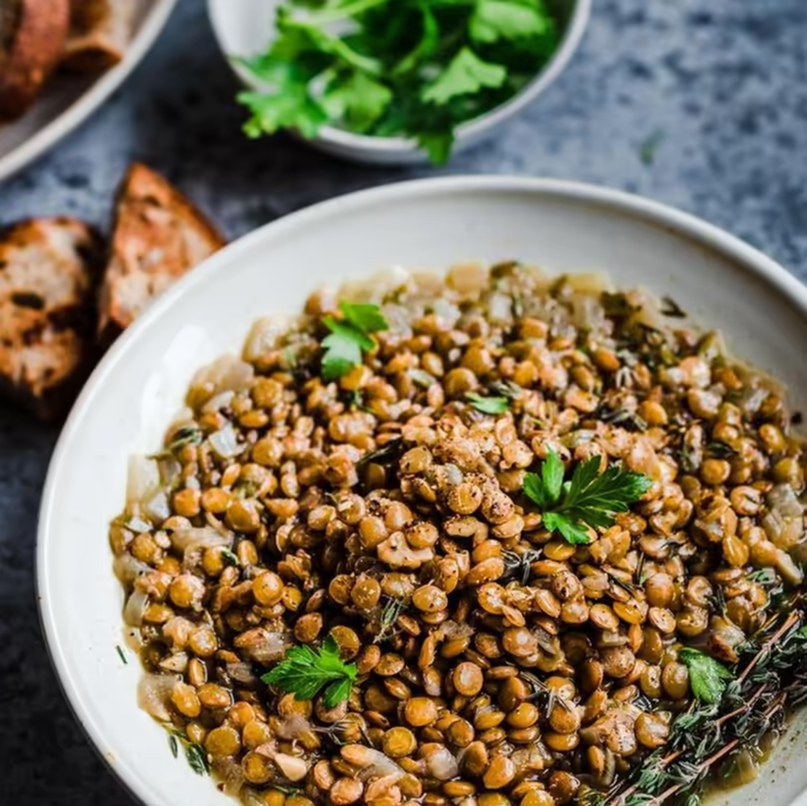
Chickpea Stir-Fry with Mixed Vegetables
In 20-30 minutes you can also cook Chickpea Stir-Fry with Mixed Vegetables which is exactly what your tastebuds want at lunch-time.
| Ingredients Needed |
| Canned chickpeas |
| Assorted vegetables (broccoli, carrots and snow peas) |
| Olive oil |
| Soy sauce |
| Fresh ginger and garlic |
| Cooked quinoa or brown rice |
| Sliced green onions (for garnishing) |
Start by draining and rinsing the canned chickpeas. Heat olive oil in a skillet then add assorted vegetables. Stir fry until the vegetables are crisp and tender, then add chickpeas to the skillet. Season with soy sauce, grated ginger, and minced garlic and continue stir-fry until heated through. Serve the stir-fry over cooked quinoa or brown rice and garnish with green onions.
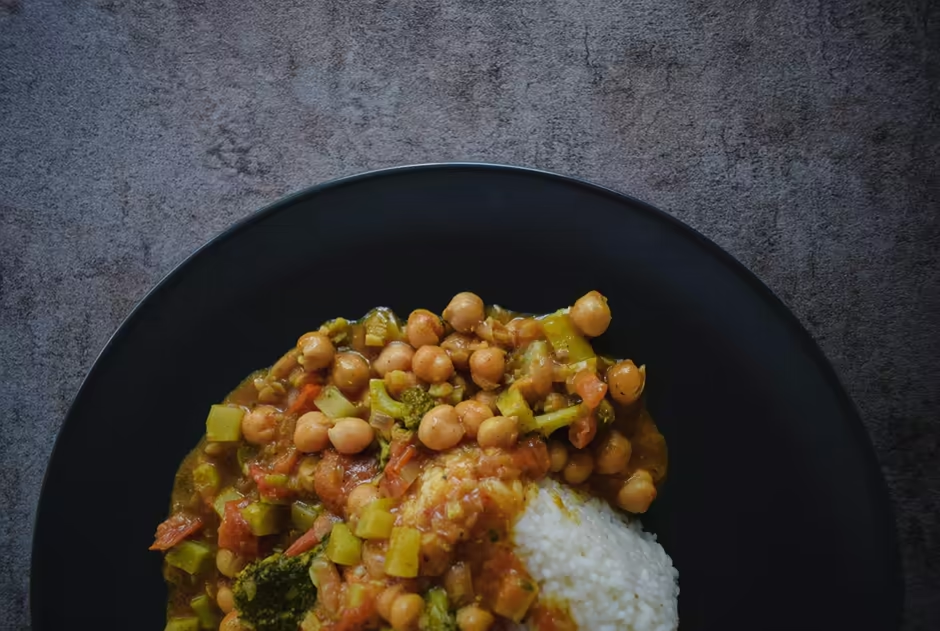
Snack Suggestions
For snack ideas, you can have a homemade trail mix with nuts and dried fruits. Simply combine assorted nuts like almonds or walnuts with dried fruits like raisins and cranberries. Mix in seeds like pumpkin or sunflower seeds for extra crunch. Perfect snack for on-the-go energy and sweet and salty cravings is ready!
Similarly, drain and pat dry canned chickpeas then toss with olive oil and spices like paprika, cumin, and garlic powder. Roast in the oven until crispy for a crunchy and flavorful snack. Your roasted chickpeas with spices are ready with high protein sources.
The simple snack can be veggie sticks with hummus. You need sliced raw vegetables like carrots, cucumber, and bell pepper into stickers and served with creamy hummus.
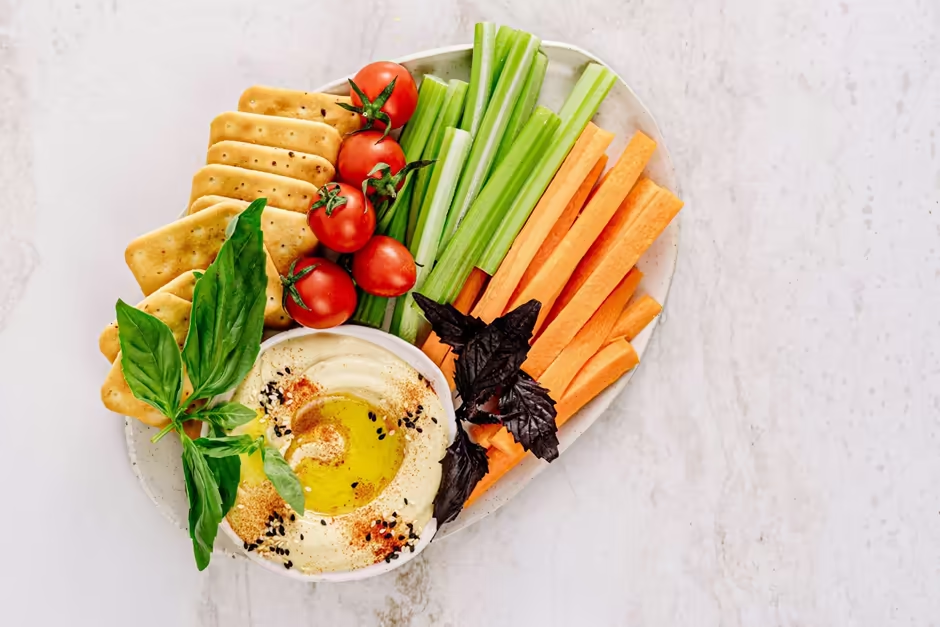
Conclusion
In conclusion, the rising popularity of vegan diets reflects a global shift towards mindful living, driven by concerns for health, sustainability, and animal welfare. Veganism, advocating for compassion towards animals and eco-consciousness, excludes animal products while offering numerous health benefits contrary to common misconceptions.
Essential nutrients, including protein, are abundantly sourced from diverse vegan options such as legumes, nuts, seeds, soy products, and grains, ensuring muscle-building and immune support. Innovative meals such as high-protein smoothie bowls, nut butter, and fruit toast, tofu scramble with vegetables, quinoa, and black bean salad, lentil curry with brown rice, and chickpea stir-fry with mixed vegetables offer delicious and nutritious alternatives. Additionally, homemade trail mix, roasted chickpeas, and veggie sticks with hummus provide satisfying snack options.
We encourage everyone to explore the wide range of high-protein and nutritious meal options available in vegan diets. These meals provide essential nutrients for overall health and well-being, sourced from diverse vegan ingredients like legumes, nuts, seeds, soy products, and grains. Let’s embrace these nutritious meal options for a healthier lifestyle and a brighter future for ourselves and the planet.
To learn more about personal development, click here.


